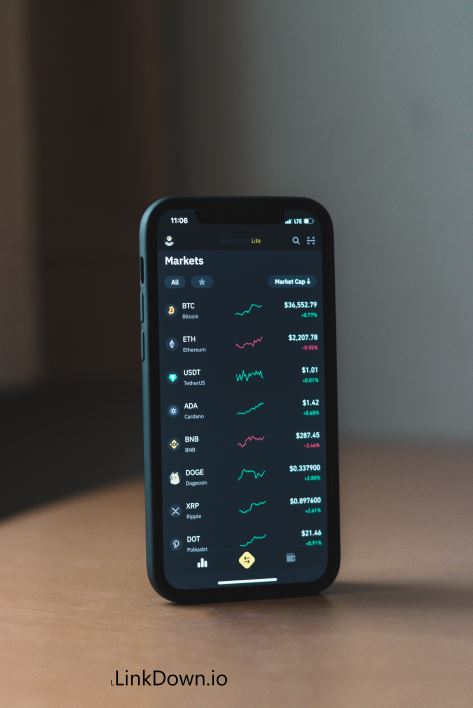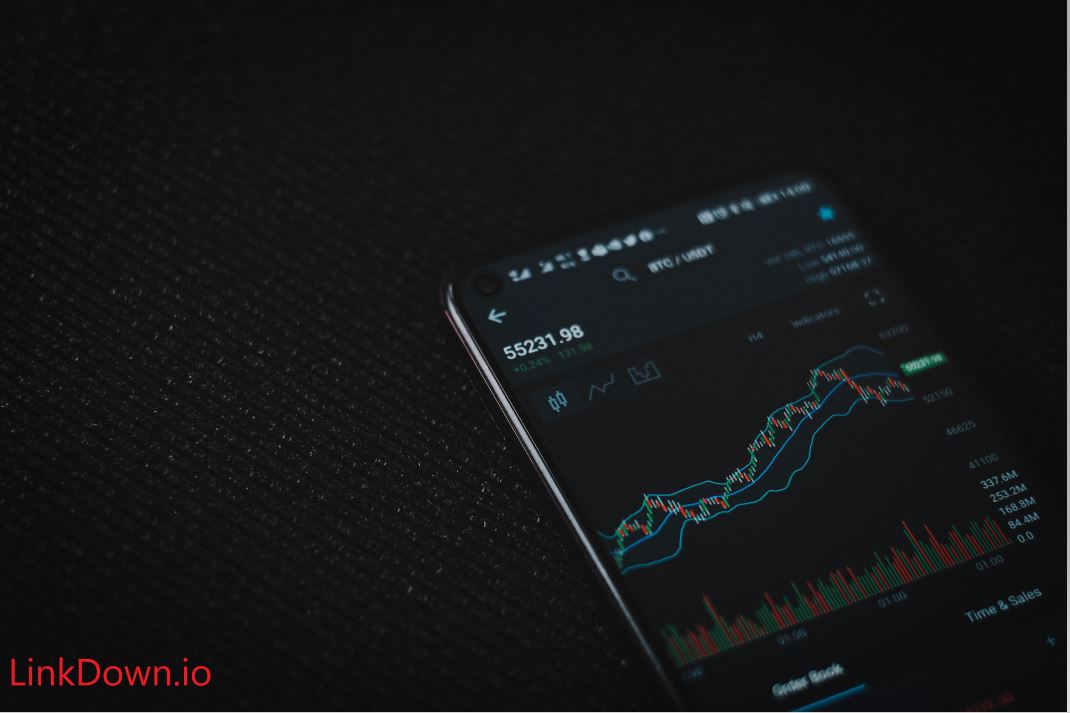Currencies are units of exchange used in various countries and regions to facilitate the buying, selling, and trade of goods and services. They serve as a medium of exchange, allowing individuals and businesses to conduct transactions.
There are numerous currencies around the world, each associated with a specific country or group of countries. Some examples of widely recognized currencies include:
United States Dollar (USD)
Euro (EUR)
British Pound (GBP)
Japanese Yen (JPY)
Canadian Dollar (CAD)
Australian Dollar (AUD)
Swiss Franc (CHF)
Chinese Yuan (CNY)
Indian Rupee (INR)
Brazilian Real (BRL)
These are just a few examples, and there are many other currencies in use globally. Currency exchange rates fluctuate based on various factors, such as economic conditions, interest rates, geopolitical events, and market forces.
If you have a specific question about a particular currency or currency conversion, please let me know, and I’ll be happy to assist you further.
Currency Exchange
Currency exchange refers to the process of converting one currency into another at a specific exchange rate. It is commonly done for various reasons, such as travel, international trade, investment, or sending money abroad.
Here are some key points about currency exchange:
Exchange Rates: Exchange rates determine the value of one currency in relation to another. They can fluctuate based on factors such as supply and demand, economic conditions, geopolitical events, and central bank policies.
Exchange Methods: Currency exchange can be done through various methods, including banks, currency exchange services, online platforms, and airports. Each method may have different fees, exchange rates, and convenience factors.
Currency Exchange Risks: Currency exchange rates can be volatile, which means the value of the exchanged currency can change between the time of the exchange and its intended use. This exposes individuals and businesses to currency exchange risks.
Foreign Exchange Markets: Currency exchange is facilitated through the global foreign exchange (forex) market, where currencies are bought and sold. This market operates 24 hours a day, five days a week, and is the largest financial market in the world.
Currency Conversion Tools: Online currency converters and mobile applications are available to help individuals and businesses calculate currency exchange rates and perform conversions accurately.
It’s important to note that currency exchange rates can vary among different providers, so it’s advisable to compare rates and consider any associated fees before conducting a currency exchange transaction. Additionally, it’s always recommended to consult with a reputable financial institution or currency exchange service for specific guidance and information related to currency exchange.
Market Monitoring: Keeping track of currency exchange rates and market trends is vital for currency exchange businesses. They need to stay informed about global economic developments, geopolitical events, and central bank policies that can impact exchange rates.
Customer Service: Providing excellent customer service is essential for a currency exchange business. This includes courteous and knowledgeable staff, efficient transaction processing, and accurate information about rates and fees.
Currency Exchange Business
A currency exchange business, also known as a foreign exchange or forex business, is a financial service that specializes in facilitating the conversion of one currency into another. These businesses provide a place for individuals and businesses to exchange currencies, whether it’s for travel purposes, international trade, or other financial transactions.
Here are some key aspects of a currency exchange business:
Currency Exchange Services: A currency exchange business buys and sells different currencies, allowing customers to exchange one currency for another based on prevailing exchange rates. They typically deal with major currencies and may also offer a range of lesser-known or exotic currencies.
Exchange Rate Determination: Currency exchange businesses determine their exchange rates based on a variety of factors, including market conditions, supply and demand, and the costs associated with obtaining and maintaining an inventory of different currencies. Exchange rates can vary between providers, so competitive pricing is important.
Fee Structure: Currency exchange businesses often charge fees or commission for their services. These fees can be based on a fixed amount or a percentage of the transaction value. It’s essential for the business to have transparent and clearly communicated fee structures.
Regulatory Compliance: Currency exchange businesses are subject to regulations and licensing requirements, which vary by jurisdiction. Compliance with anti-money laundering (AML) and know-your-customer (KYC) regulations is crucial to prevent illegal activities and ensure customer safety.
Security Measures: Currency exchange businesses need to implement robust security measures to safeguard against fraud, counterfeiting, and theft. They may employ authentication techniques, surveillance systems, and employee training to maintain security.
It’s important to research and understand the legal and regulatory requirements in your specific jurisdiction before establishing a currency exchange business. Consulting with legal and financial professionals can provide valuable guidance in setting up and operating such a business.


